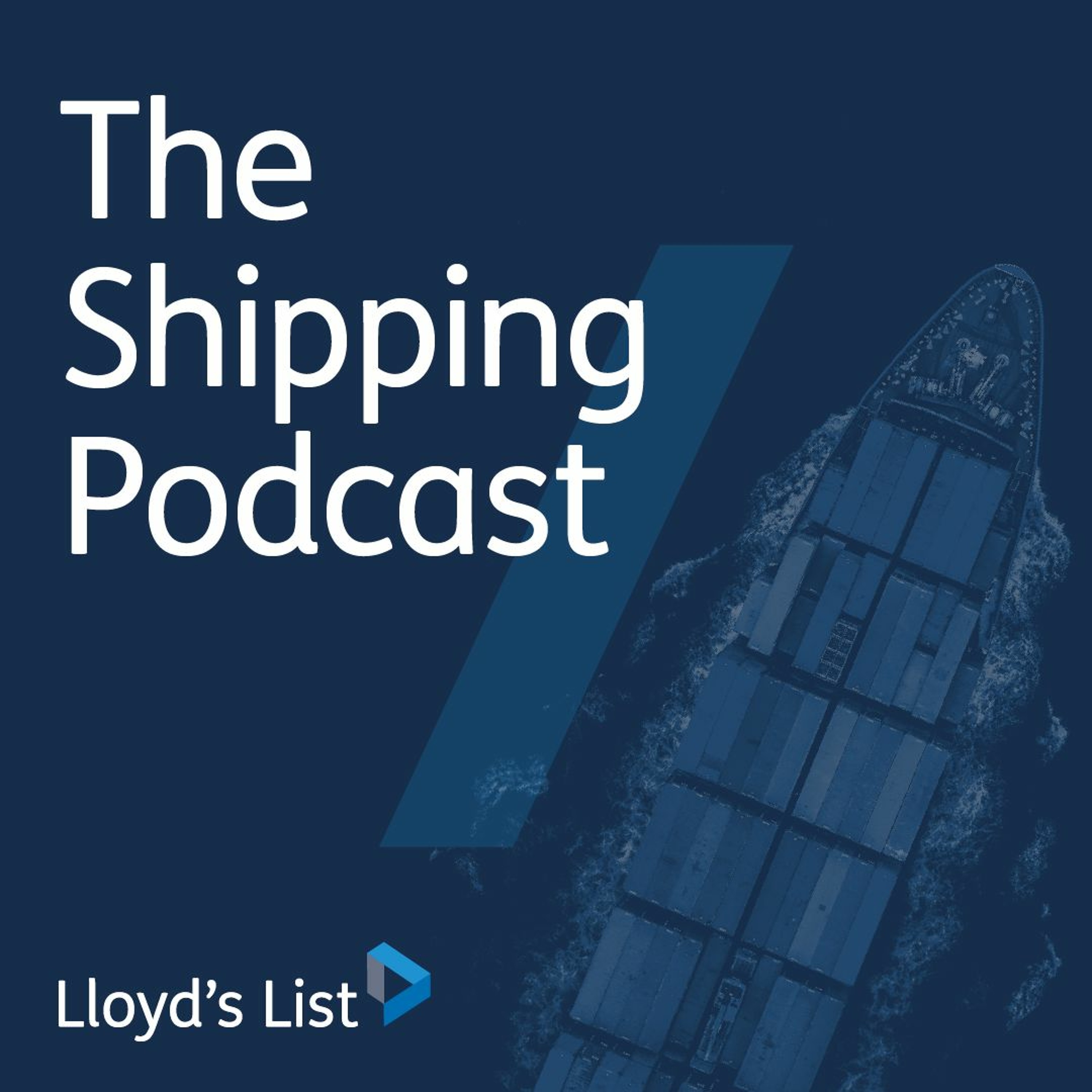
The Lloyd’s List Podcast: Omicron offers shipping an unwelcome sense of déjà vu
 2021-12-13
2021-12-13
Download
Right click and do "save link as"
THAT depressingly familiar feeling of déjà vu as Covid restrictions are once again tightened has already been felt across the world’s 1.6m seafarers.
The latest Omicron variant has delivered the world a rude reminder that the virus’s path to becoming an endemic disease will not be smooth.
But for shipping there is a real and legitimate fear that unless coordinated action is taken by world leaders we will see a return to the peak of the crew-change crisis in 2020 where more than 400,000 seafarers were impacted by unnecessarily harsh travel restrictions.
Vaccinations for crew are running slightly ahead of the global average, but that has not been sufficient to stop border restrictions being re-imposed and new measures are once again appearing daily with many of the port level rules changing on an hourly basis as governments struggle to coordinate policy and practicalities.
Much of this week’s edition of the Lloyd’s List podcast was recorded on International Human Rights Day – a reminder to everyone that seafarers’ rights are still being routinely tossed aside and the workers who have kept global supply chains moving over the pandemic remain too far down the list of priorities.
With that in mind, this week’s edition offers a short status update on seafarers rights, courtesy of the latest report from the NGO Human Rights at Sea, but it starts with an expert view on the latest restrictions and the impact that Omicron is already having on the industry.
Joining Lloyd’s List Editor Richard Meade on this week’s edition of the podcast:
• International Chamber of Shipping secretary-general, Guy Platten
• International Transport Workers' Federation general secretary, Stephen Cotton
• Intermanager president and chief executive of Colombia Shipmanagement, Mark O’Neil
• Human Rights at Sea Chief Executive, David Hammond
view more
More Episodes
012345678910111213141516171819
Create your
podcast in
minutes
- Full-featured podcast site
- Unlimited storage and bandwidth
- Comprehensive podcast stats
- Distribute to Apple Podcasts, Spotify, and more
- Make money with your podcast
It is Free
- Privacy Policy
- Cookie Policy
- Terms of Use
- Consent Preferences
- Copyright © 2015-2024 Podbean.com






